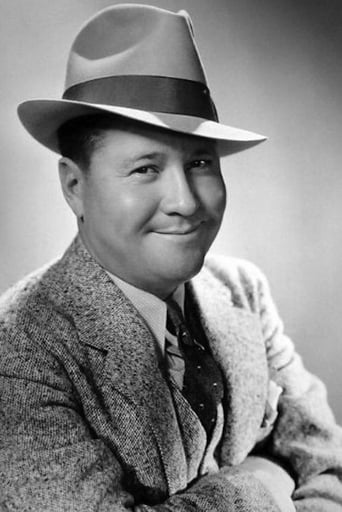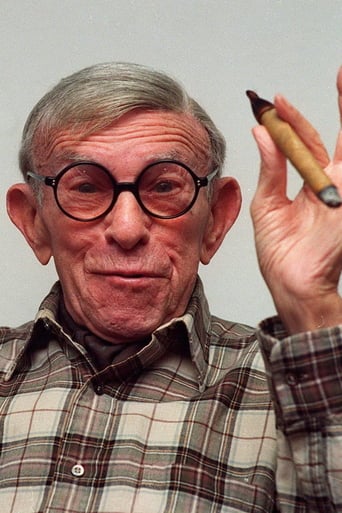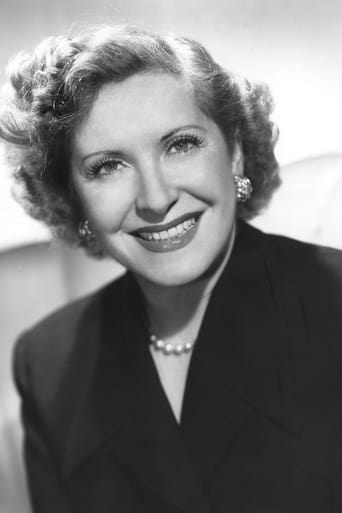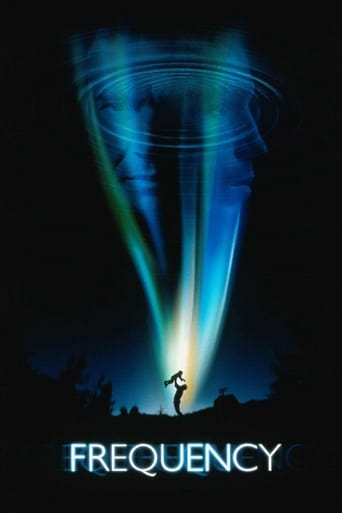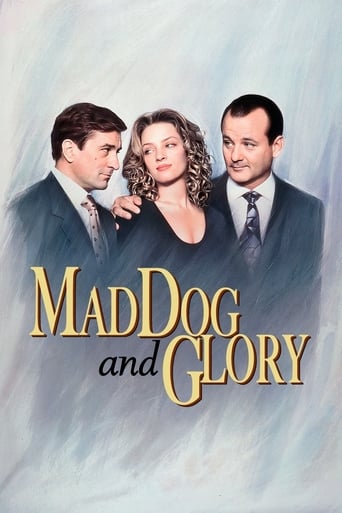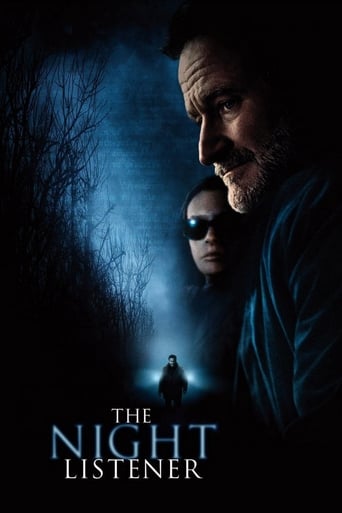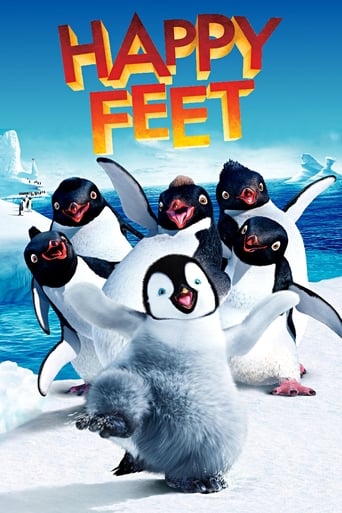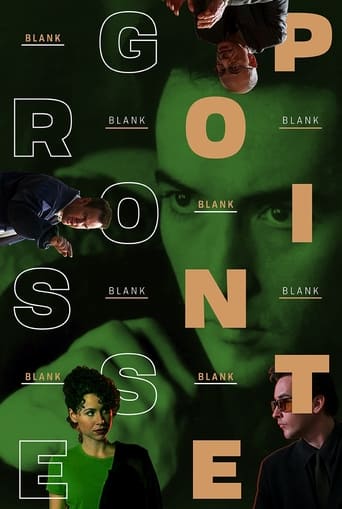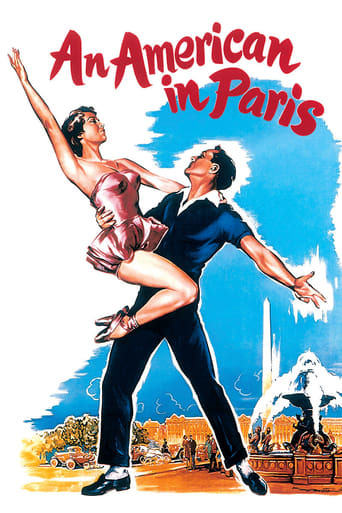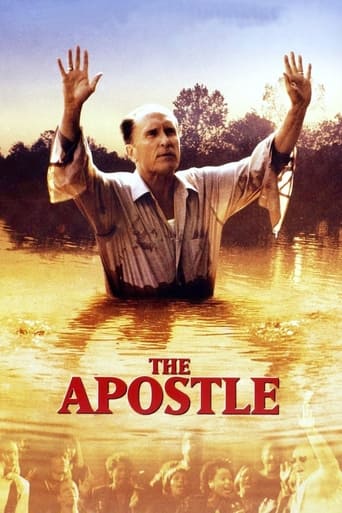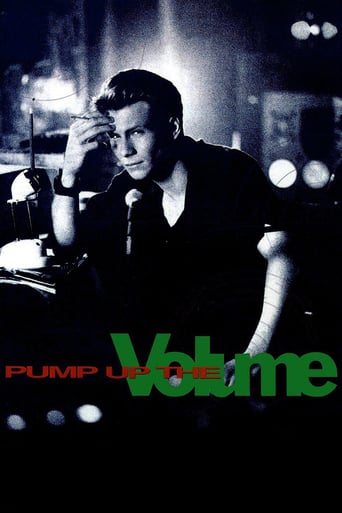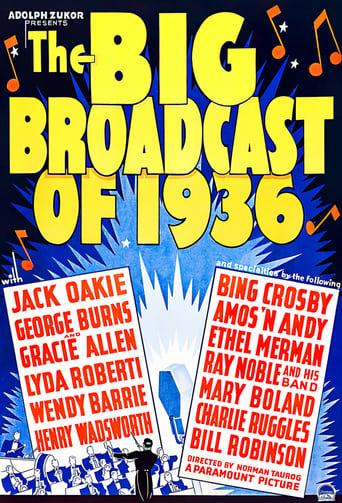
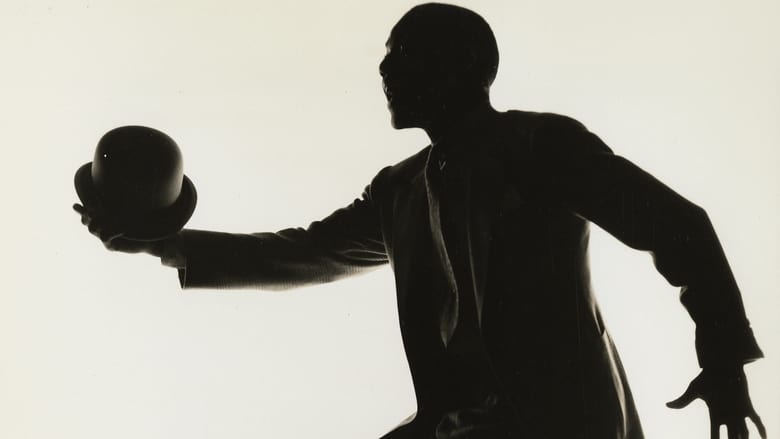
The Big Broadcast of 1936 (1935)
The wisp of a storyline involves two-bit radio station owner Spud Miller, who doubles as the station's sole announcer while his comic partner Smiley serves as the house crooner. On the verge of bankruptcy, Spud is receptive to the wacky notions of George and Gracie, who've just invented a television device which can pick up and transmit any signal, any time, anywhere.
Watch Trailer
Cast
Similar titles
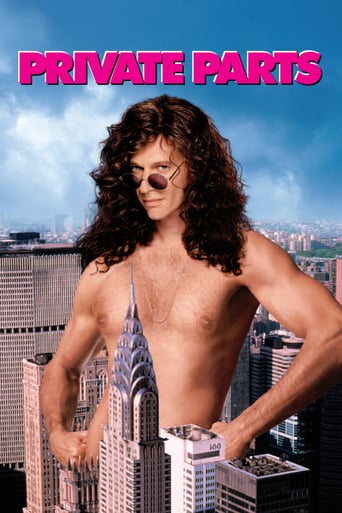
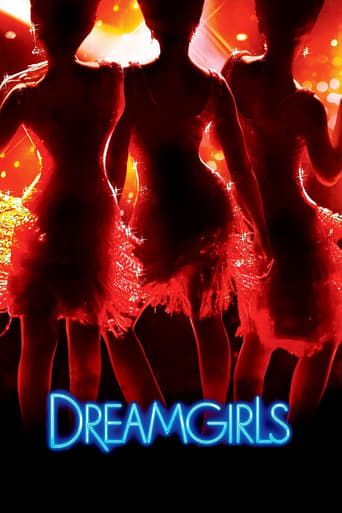
Reviews
Instant Favorite.
Don't listen to the Hype. It's awful
I cannot think of one single thing that I would change about this film. The acting is incomparable, the directing deft, and the writing poignantly brilliant.
This movie tries so hard to be funny, yet it falls flat every time. Just another example of recycled ideas repackaged with women in an attempt to appeal to a certain audience.
Hard to decide where to start. It's a musical comedy but there are basic problems - the comedy isn't funny and the songs aren't tuneful. Paramount had a pretty large stable of talent in those days, and many of them are here; Bing Crosby, Burns & Allen, Ethel Merman, Charles Ruggles, Mary Boland, but their talents go largely to waste in this misbegotten movie.Except for "I Wished on the Moon", the songs are forgettable and lack the normal craftsmanship of the Whiting-Robin team. Most of the jokes and comic sequences are half-baked and unfunny, and the picture needed more Burns & Allen and less Jack Oakie, as he overacts in one of his lesser efforts on screen. But before I forget, I should mention Lyda Roberti, one of Hollywood's best and funniest comediennes whose life was cut short by heart disease. She shines above the poor material and her zany style is reminiscent of a young Lucille Ball.Saving the best (or worst) for last, as the poor storyline makes "The Big Broadcast of 1936" almost unwatchable. Incoherent and trying too hard at humor, the film does the career of director Norman Taurog, who has an impressive list of films to his credits, a disservice. Recommended strictly for Hollywood archivists and those happy people who are easily entertained.
"The Big Broadcast of 1936" is a veritable hodge-podge of quickly done skits and routines with the premise that they're being brought to the viewer via a newly discovered invention called the 'radio eye'. It's discovery is something of a mystery, but it's eagerly presented to radio station owner Spud Miller (Jack Oakie) by the young comedy duo of Burns and Allen. They both look incredibly young here, but by 1935 when this picture was made, they were already married for nine years after an even earlier team up. I tried to catch their TV program as much as I could back in the Fifties, so seeing them together here was a mild shocker with the way George treated Gracie, shoving her around and planting a kick to her shin every now and then. I know it was done for amusement but it just struck me in an odd way.Except for the sometimes extended cameos of celebrity entertainers of the day there's not much to recommend in the film here. Bing Crosby appears as himself in one of the 'radio eye' spots singing 'I Wish on the Moon', as does Ethel Merman with 'It's the Animal in Me' later on. Her resemblance to the young Gracie Allen had me doing a double take until I figured things out; I never did hear Gracie try to sing.The entertainment numbers are built around a main story involving the Countess Ysobel (Lyda Roberti) in love with radio personality Lochinvar the Great Lover, who turns out to be two people - Spud Miller who mesmerizes his largely female audience with romantic chatter, and his associate Smiley (Henry Wadsworth) who croons them further under the Lochinvar spell. Ysobel hijacks them both to the island of Clemente off the coast of Cuba in an effort to figure out who she'll marry, all under the watchful eye of her protector Gordoni (C. Henry Gordon), who's assembled a scrapbook collection of Ysobel's former lovers after having them done away with. Looks like Spud and Smiley will join the also-rans.The many skits range from boring to fairly entertaining, and I'm probably not too far off by stating that the animals have it here, with the Thin Man canine Asta providing a comic performance with the dead dog routine, and a small herd of elephants doing a Rockettes-like production number. When you throw in additional performances by Amos n' Andy, the Dancing Nicholas Brothers, Charlie Ruggles and the Vienna Boys Choir, it's pretty apparent that the whole picture is built on whatever they could come up with in the way of variety entertainment. As for the 'radio eye' gimmick, I don't know if it's an idea that will ever catch on.
"The Big Broadcast Of 1936" is a crazy, random, trippy grab-bag of a movie that combines comedy, musical, sci-fi, and even contains a dramatic segment (the one with Gail Patrick as a nurse). A lot of it is just plain boring (the main "plot", about sexy Lyda Roberti loving two men at the same time, is slightly daring for the time but also rather tiresome), but the compensations are undeniable: some amazing tap dancing by the Nicholas Brothers; George Burns and Gracie Allen being funny as usual ("My uncle. Not the one that's living, the one that's married"); the unique Ina Ray Hutton and her Melodears; the Charles Ruggles - Mary Boland sketch; the big "It's The Animal In Me" number with Ethel Merman and a herd of dancing elephants! So this film may be EXTREMELY variable, but it's still worth seeing - and listening to. **1/2 out of 4.
Growing Up again at the movies; my parents would give me 25 cents to go every Saturday or Sunday and I'd walk 2 miles. Usually it was a Shirley Temple movie or a Bing Crosby move; this time we see Der Bingle in one of his earliest and also it was Bob Hope's first singing his 'Thanks for the Memory" to Shirley Ross; then there were a lot of crazies like Burns & Allen, W.C. Fields; very enjoyable; they made movies for entertainment in those days!
